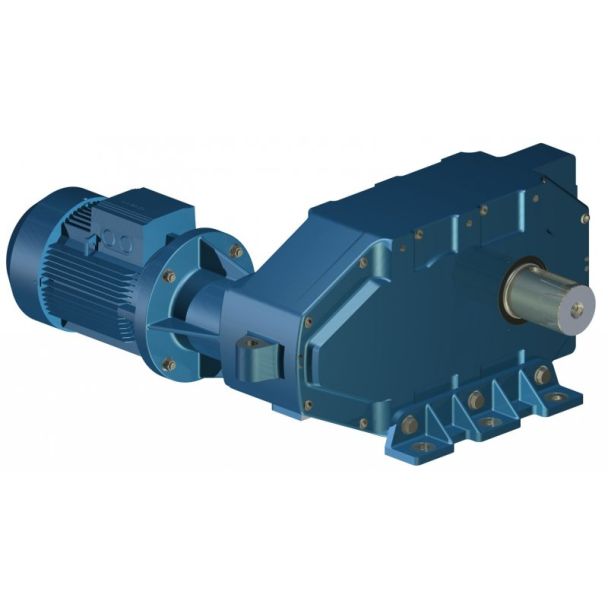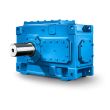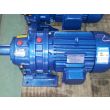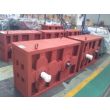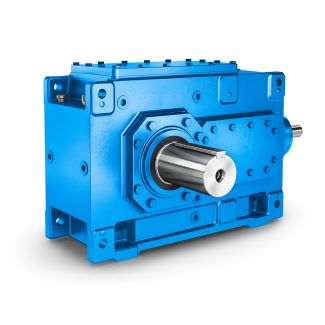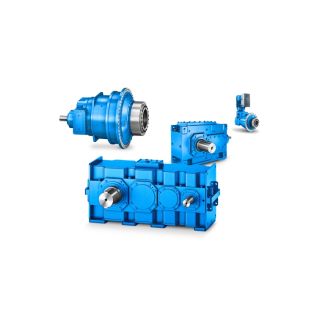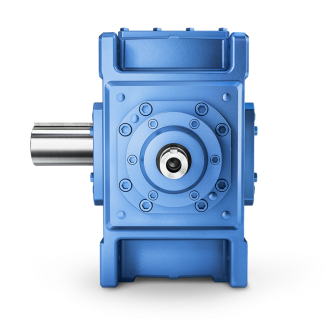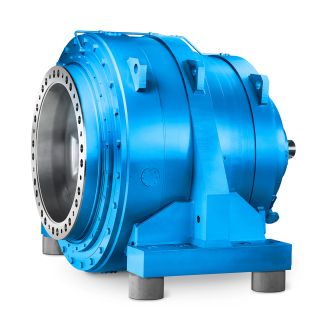B2CV-5-C its Overview tables Technical specifications cont Bevel-helical speed reduction gearboxes B2
In stock
SKU
B2CV-5-C
$49,178.57
Flender/Flender Gear Units/Bevel-helical speed reduction gearboxes B2
ment statistical programs. They are concerned that large part of current domestic industry activity is not covered by the Standard Industrial Classification system. Similarly, import statistics of products from other countries (especially Canada) to the United States are not collected
Industrial Classification system. Similarly, import statistics of products from other countries (especially Canada) to the United States are not collected  in categories that are useful to the domestic industry (. 8-. .. producers expressed concern over the current pattern of
in categories that are useful to the domestic industry (. 8-. .. producers expressed concern over the current pattern of  foreign investment in the United States. .. producers are facing increased competition from foreign-owned firms that are locating in the
foreign investment in the United States. .. producers are facing increased competition from foreign-owned firms that are locating in the  United States in order to increase their market share. Such firms are not investing in existing .. operations but are constructing new facilities or are establishing marketing agreements with .. distributors. Foreign automobile manufacturers are locating in the United States and are sourcing gears from their home country (. 8-. xviii .. industry sources allege unfair trade practices by foreign suppliers, citing as an example import prices that are substantially lower than .. producers' prices, despite unfavorable exchange rates for the imports. Foreign suppliers state that price differences are result of their different gear production technology and the production of gears for different applications. Domestic firms advocate the implementation of reciprocal trade agreements between the United States and those countries exporting to the United States, and matching .. import tariffs with those faced by .. exports (pp. 8-3 through 8-. .. firms indicated that trade barriers significantly inhibit the free flow of .. exports into major foreign markets. Trade barriers named included high tariffs, import licensing requirements, technology transfer requirements, subsidies, local content requirements, exchange and other monetary or financial controls, and discriminatory sourcing. Countries most often cited with significant barriers to trade include Japan, Argentina, Australia, Brazil, the EC member states
United States in order to increase their market share. Such firms are not investing in existing .. operations but are constructing new facilities or are establishing marketing agreements with .. distributors. Foreign automobile manufacturers are locating in the United States and are sourcing gears from their home country (. 8-. xviii .. industry sources allege unfair trade practices by foreign suppliers, citing as an example import prices that are substantially lower than .. producers' prices, despite unfavorable exchange rates for the imports. Foreign suppliers state that price differences are result of their different gear production technology and the production of gears for different applications. Domestic firms advocate the implementation of reciprocal trade agreements between the United States and those countries exporting to the United States, and matching .. import tariffs with those faced by .. exports (pp. 8-3 through 8-. .. firms indicated that trade barriers significantly inhibit the free flow of .. exports into major foreign markets. Trade barriers named included high tariffs, import licensing requirements, technology transfer requirements, subsidies, local content requirements, exchange and other monetary or financial controls, and discriminatory sourcing. Countries most often cited with significant barriers to trade include Japan, Argentina, Australia, Brazil, the EC member states| Model Type | Bevel-helical speed reduction gearboxes B2 |
|---|---|
| Gear Type | Bevel Helical Gear |
| Weight (kg) | 2295.000000 |
| Ratio Range | 1 : 5…18 |
| Low Speed Output | Solid shaft without parallel key |
| Nominal Torque | 9400 Nm |
| Mounting Arrangements | Vertical mounting position |
| Manufacturer | Flender Oy |
| Country of Manufacture | China |
| Data Sheet & Drawings | B2CV-5-C its Overview tables Technical specifications cont Bevel-helical speed reduction gearboxes B2 |
